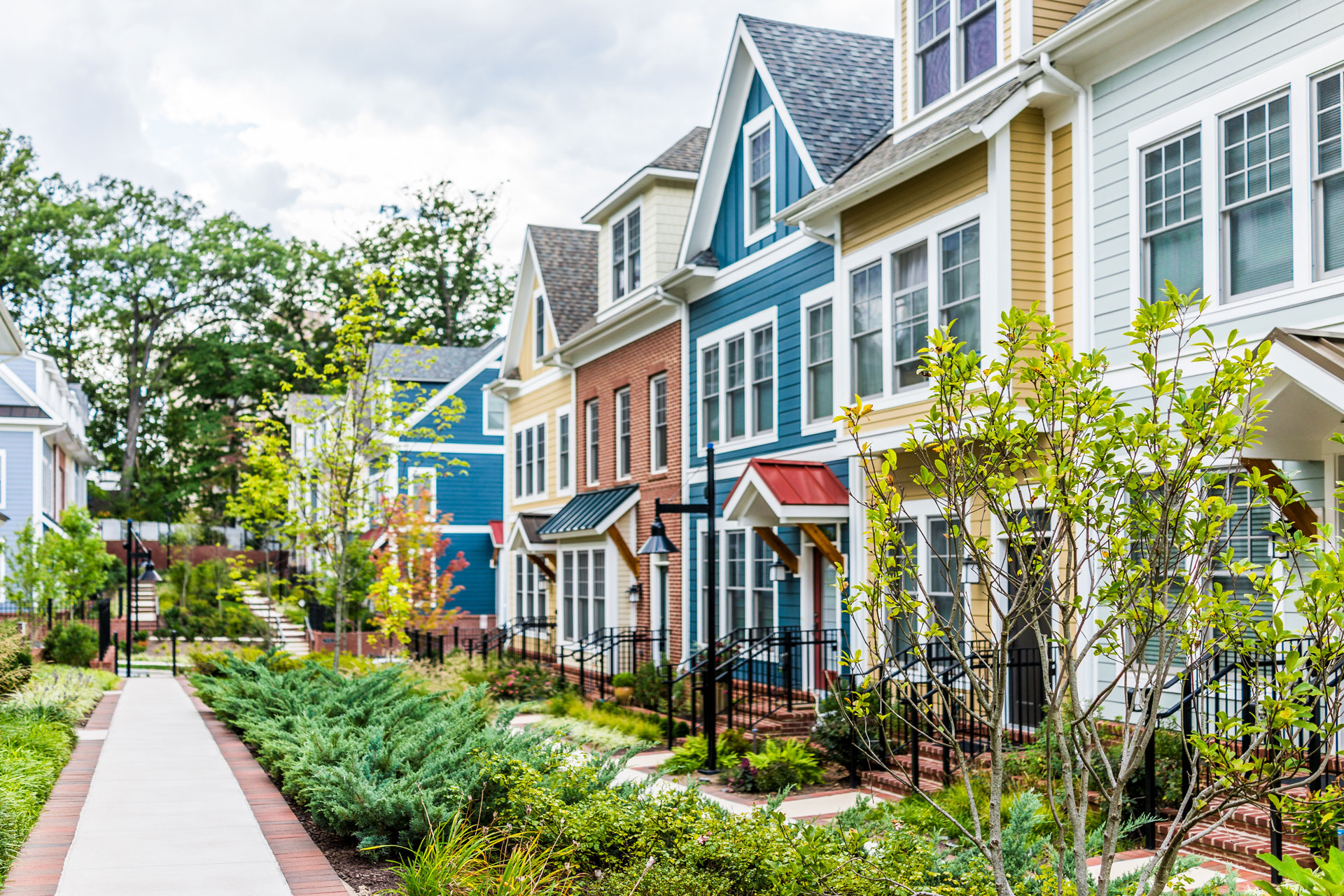Natural disasters can strike suddenly and with devastating force, leaving a trail of destruction in their wake. For homeowners association (HOA) communities, the impact can be particularly challenging, as shared property, common areas, and individual homes may all be affected. Understanding the legal responsibilities of HOAs in the face of natural disasters is crucial for navigating the complexities of insurance claims, repairs, and community recovery.
Let’s look at the impact of natural disasters on HOA communities, dig into their legal responsibilities, and offer practical guidance on disaster preparedness and recovery. Whether you’re an HOA board member, a homeowner, or simply seeking to understand your rights and obligations, this guide will provide valuable insights and resources.
The Impact of Natural Disasters on HOA Communities
Natural disasters — hurricanes, floods, wildfires, earthquakes, tornadoes and the like — can have a profound impact on HOA communities, affecting both individual homes and shared property. The extent of the damage can vary widely, from minor repairs to complete destruction.
Common Challenges Faced by HOA Communities in the Wake of Natural Disasters
Natural disasters can leave HOA communities reeling, facing a multitude of challenges that disrupt lives and test resilience. Here’s a closer look at the common obstacles these communities encounter:
Property Damage
The wrath of a natural disaster can manifest in various forms of property damage. Individual homes may suffer roof damage, shattered windows, or even structural compromises. Common areas like swimming pools, playgrounds, and clubhouses can be rendered unusable. Community infrastructure, including roads, fences, and drainage systems, may also sustain significant damage. These damages often necessitate extensive repairs, sometimes even complete reconstruction, posing a significant logistical and financial challenge for the community.
Displacement
Imagine returning home after a storm only to find it unsafe for habitation. This is the harsh reality many residents face following a natural disaster. Homes may be deemed uninhabitable due to structural damage, flooding, or lack of essential utilities. This displacement forces residents to seek temporary housing, disrupting their lives, creating emotional distress, and adding another layer of complexity to the recovery process.
Financial Burden
Repairing or rebuilding damaged property can create a substantial financial burden for both individual homeowners and the HOA as a whole. Homeowners may face unexpected expenses for repairs not covered by insurance, temporary housing costs, and the replacement of personal belongings. The HOA, in turn, must shoulder the costs of repairing common areas and community infrastructure, often dipping into reserve funds or imposing special assessments on homeowners, adding to the financial strain.
Insurance Claims
Dealing with insurance claims after a natural disaster can be a daunting task. Homeowners and the HOA must navigate complex policies, document damages meticulously, and often engage in lengthy negotiations with insurance adjusters. This process can be time-consuming, stressful, and require a thorough understanding of insurance procedures and legal rights.
Community Recovery | The Long Road to Restoration
Rebuilding and restoring a community to its pre-disaster state is a marathon, not a sprint. It requires coordinated efforts from various stakeholders, including the HOA board, homeowners, contractors, insurance companies, and local authorities. Challenges may include securing qualified contractors, navigating supply chain disruptions, adhering to building codes, and managing community expectations throughout the lengthy recovery process.
Legal Responsibilities of HOAs in the Aftermath of Natural Disasters
When disaster strikes, HOAs have specific legal obligations to ensure the safety and well-being of their communities and facilitate an effective recovery process. These responsibilities include:
Insurance Coverage
HOAs must ensure they have adequate insurance coverage for common areas, community property, and shared infrastructure. This includes reviewing policies regularly, updating coverage as needed, and understanding the specific terms and conditions related to natural disasters. Failure to maintain sufficient insurance can leave the HOA and homeowners vulnerable to significant financial losses.
Damage Assessment
Following a natural disaster, the HOA has a responsibility to conduct a thorough assessment of the damage to both common areas and individual homes. This assessment should be well-documented, including photographs and detailed descriptions of the damage. This information is crucial for insurance claims, repair estimates, and prioritizing recovery efforts.
Keeping Residents Informed
Open and transparent communication is paramount during the recovery process. HOAs must keep homeowners informed about the extent of the damage, insurance claim procedures, repair timelines, and any community-wide recovery efforts. Regular updates, town hall meetings, and online communication channels can help alleviate anxiety and foster a sense of unity during a challenging time.
Coordinating Repairs
The HOA plays a crucial role in coordinating the repair or reconstruction of damaged property. This includes selecting qualified contractors, obtaining necessary permits, ensuring compliance with building codes and HOA guidelines, and overseeing the progress of repairs to ensure quality and timely completion.
Stewarding Community Resources Responsibly
Natural disasters can put a strain on HOA finances. The HOA board has a fiduciary duty to manage funds responsibly, ensuring sufficient resources are available to cover repair costs, insurance deductibles, and any additional expenses related to the disaster. This may involve adjusting budgets, securing loans, or imposing special assessments on homeowners, all while maintaining transparency and accountability.
Navigating Conflicts and Finding Solutions
Disputes may arise between homeowners and the HOA regarding insurance claims, repair responsibilities, or the allocation of recovery funds. The HOA should have a clear process for addressing these disputes, whether through internal mediation, alternative dispute resolution, or, if necessary, legal action.
Disaster Preparedness for HOA Communities | Proactive Steps for Resilience
While natural disasters are often unpredictable, proactive disaster preparedness can significantly mitigate their impact and pave the way for a smoother recovery. Here are essential steps HOAs can take:
Develop a Disaster Preparedness Plan
A comprehensive disaster preparedness plan is a crucial tool for any HOA. This plan should outline procedures for communication, evacuation, damage assessment, and recovery efforts. It should include contact information for emergency services, designated evacuation routes, and protocols for assessing and addressing damage to community property.
Review Insurance Policies
Insurance policies should be reviewed and updated regularly to ensure they provide adequate coverage for all potential risks, including natural disasters specific to the region. This includes coverage for common areas, community infrastructure, and directors and officers liability. HOAs should also understand their deductibles, coverage limits, and claim procedures.
Conduct Regular Inspections
Regular inspections of common areas and community infrastructure can help identify potential vulnerabilities and address them proactively. This may include inspecting roofs, drainage systems, trees, and other elements that could pose a risk during a natural disaster.
Maintain Emergency Funds
Establishing and maintaining an emergency fund is a crucial step in financial preparedness. This fund can be used to cover unexpected expenses related to disaster recovery, such as debris removal, temporary repairs, or emergency services.
Empowering Residents with Knowledge and Resources
HOAs should proactively educate homeowners about disaster preparedness. This includes providing information on evacuation procedures, insurance requirements, emergency contact information, and steps homeowners can take to protect their individual properties. Regular communication and community workshops can help raise awareness and foster a culture of preparedness.
Manning and Meyers | Your Partner in HOA Law
Natural disasters can pose significant challenges for HOA communities, requiring careful planning, effective communication, and a thorough understanding of legal responsibilities. By taking proactive steps for disaster preparedness and seeking expert legal counsel when needed, HOAs can navigate these challenges successfully and facilitate a smoother recovery process for their communities.
At the law firm of Manning and Meyers, we understand the complexities of HOA law and the unique challenges faced by communities in the wake of natural disasters. Our experienced attorneys provide comprehensive legal counsel and representation to HOAs, helping them navigate insurance claims, property damage disputes, and recovery efforts.
Our services include:
- HOA Governance and Compliance: Advising HOAs on their legal obligations, governing documents, and best practices for community management.
- Insurance Coverage Disputes: Representing HOAs in disputes with insurance companies regarding coverage and claims.
- Construction Defect Litigation: Pursuing claims against developers or contractors for construction defects that may have contributed to property damage.
- Dispute Resolution and Mediation: Facilitating amicable resolution of disputes between homeowners and the HOA.
Do you have questions about your HOA’s legal responsibilities in the face of natural disasters? Contact Manning and Meyers Law Firm today for a free consultation. Our experienced attorneys can provide guidance and support to help your community weather the storm and rebuild stronger.
FAQ
What are the legal responsibilities of an HOA in a natural disaster?
HOAs have a duty to ensure adequate insurance coverage, assess damage, communicate with homeowners, coordinate repairs, manage finances responsibly, and address disputes.
What should an HOA do to prepare for a natural disaster?
HOAs should develop a disaster preparedness plan, review insurance policies, conduct regular inspections, maintain emergency funds, and educate homeowners on safety procedures.
How can Manning and Meyers Law Firm help my HOA?
Manning and Meyers Law Firm provides legal counsel and representation to HOAs on matters related to insurance claims, property damage disputes, and recovery efforts.


